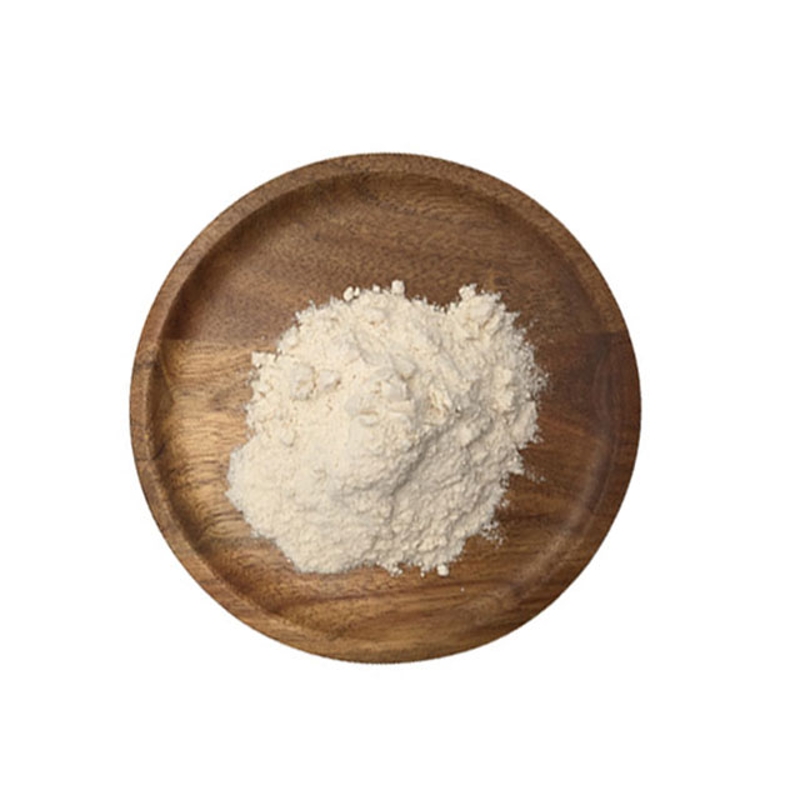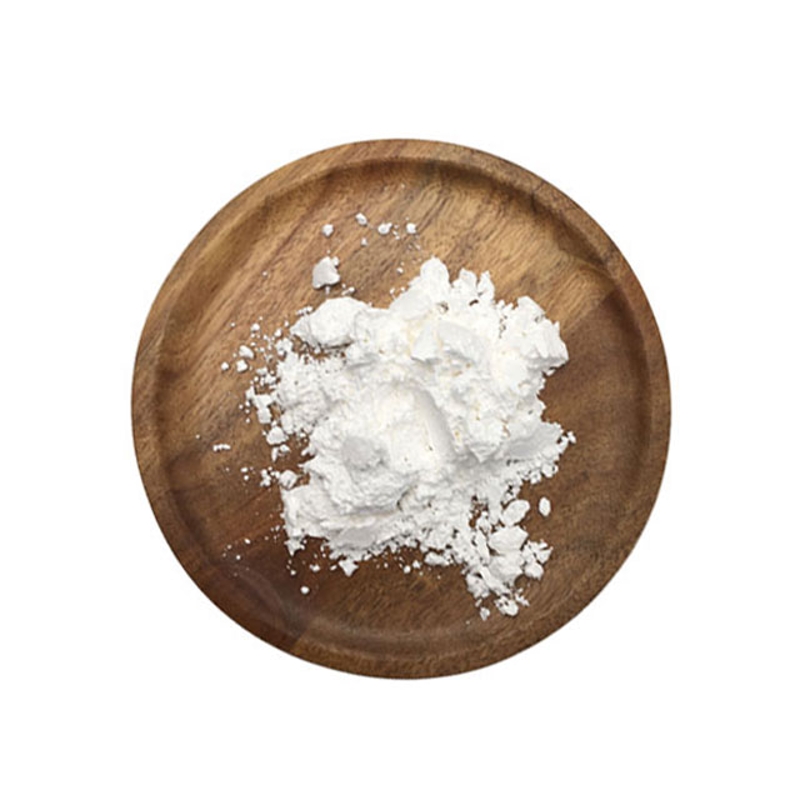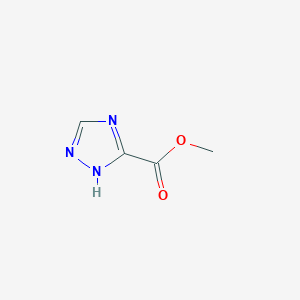Shanghai starts the pilot project of biomedical OEM
-
Last Update: 2013-07-05
-
Source: Internet
-
Author: User
Search more information of high quality chemicals, good prices and reliable suppliers, visit
www.echemi.com
Source: economic reference report 2013-7-5 "there are about 3000 enterprises in China known as biomedical enterprises, but the proportion of drugs available for production is less than 10%." A sentence circulated in the field of biomedicine reveals the difficulties of industrialization in this field Recently, Zhangjiang, the key town of domestic biomedical industry, took the lead in launching the construction of contract manufacturing outsourcing (CMO) base, bringing hope to many people in the industry They called for the pilot to be gradually promoted across the country and the introduction of a "drug listing license system" to avoid discouraging companies from innovation and the flow of new drugs overseas The industrialization of biomedicine is a typical new industry driven by R & D The development of a new drug often takes ten years, but the market value it can bring is often billions of dollars Shanghai, as an important town of domestic biomedical industry, has a total biomedical economy of more than 200 billion yuan in 2012, including production, sales and R & D It is particularly gratifying that the industrial innovation ability has been greatly improved At present, 4 countries have completed the clinical research of class a new drugs, and 27 countries have entered the clinical research of class a new drugs, ranking the top in the number in China However, biomedical companies also have their own troubles Baiao biology is a cancer drug R & D enterprise Dr Chen Li, chief technical director of the company, said that the scale of R & D pharmaceutical enterprises is not large, and small-scale tests can be completed in the laboratory in the early stage, but large-scale equipment and plants are needed in the stage after the pilot test If the cost of self construction is obviously too high, the production line of large pharmaceutical enterprises is generally rented The problem is that many large pharmaceutical companies often regard this business as a sideline and can only provide services when they have time, which greatly restricts the development process of new drugs In the stage of R & D, it is difficult to find someone to work as a substitute If we enter into industrialization, we will face policy obstacles According to the drug administration law and other laws and regulations, the drug marketing license and production license adopt the "bundling" management mode - the drug approval is only issued to the enterprises with the drug production license This means that R & D pharmaceutical enterprises must build their own factories to complete the whole process of new drug industrialization From the current situation, this threshold is relatively high Taking antibody drugs as an example, it takes about 100 million US dollars to establish a 1000 l scale bioreactor production line that meets international standards "A lot of small and medium-sized R & D enterprises have only one drug It is a challenge to their ability to invest heavily in the production line of this drug." Li Yunfeng, deputy director of the State Key Laboratory of antibody drugs and targeted therapy, said "Problems like this are common in the industry At present, more than 70 biomedical enterprises in the park are facing the above dilemma," said Liu Yuwen, CEO of Suzhou biological nano science and technology park Considering that it will take three years from financing to building and putting into use as soon as possible, research and development enterprises should start to do these preparations after the new drug enters the first phase of clinical trials Only in this way, when the R & D enters the third phase, can the new drug "have a home to return" Zhangjiang High Tech Park in Shanghai is the most intensive area of biomedical industry in China Wang Lanzhong, general manager of Zhangjiang biomedical base development company, pointed out that due to policy restrictions, many R & D pharmaceutical enterprises often choose to sell their R & D achievements, which led to the situation of "innovation in Zhangjiang, industrialization in other places" From the perspective of national resource allocation, this is not entirely a bad thing, but it will greatly damage the enthusiasm of R & D enterprises After all, the benefits of new drugs are mainly reflected in the market "Biopharmaceuticals have very high requirements for production process If there is a professional manufacturing outsourcing service platform, it will save a lot of time and cost for the industrialization of new drugs," Chen said In electronic information industry, manufacturing outsourcing is a very common mode It can be said that without manufacturing outsourcing, there will be no development and growth of Foxconn and other OEM enterprises, nor the rapid rise of apple and other innovative enterprises In the field of biomedicine, the United States, Europe, Japan, Singapore and other regions have gradually liberalized manufacturing outsourcing, and achieved significant results Typically, Singapore has attracted the world's top biotechnology and pharmaceutical companies to build 30 production bases under the circumstances of high land price and tight space At present, biopharmaceutics, electronics and chemical industry have become the pillar industries in Singapore As for why China has not liberalized the pilot drug manufacturing outsourcing, Zhou Qing, chief scientist of Jiahe biopharmaceutical Co., Ltd., believes that from the regulatory level, there may be several concerns: first, compared with foreign countries, the domestic biopharmaceutical manufacturing outsourcing industry is not mature enough, and there are not many excellent enterprises that can connect with international standards Second, in recent years, food and drug safety problems occur frequently, and the regulatory authorities are under great pressure, so they tend not to release the control Such concerns are not entirely unreasonable In recent years, multinational pharmaceutical enterprises have had drug recall events under the OEM mode For example, Novartis recalled four over-the-counter drugs in the United States in 2012 because they may contain broken or scattered tablets of other drugs Later, Novartis suspended the production of Lincoln pharmaceutical factory However, we need to see that through these years of tempering, the regulatory capacity of the State Food and drug administration has also improved If there is a drug safety problem in the pilot manufacturing outsourcing, the legal responsibility of the accident party is relatively clear, and it is not difficult to recover Liu Gang, Secretary General of Shanghai Pudong Biological Industry Association, also believes that it is normal to have concerns about a new thing, but not to stop eating because of choking Because from the perspective of industry, the advantages of manufacturing outsourcing in the field of biomedicine are very obvious: first, it can make pharmaceutical R & D enterprises have good returns and bring a virtuous circle of the entire industrial chain Secondly, it can promote specialization and reasonable distribution of production resources If a large number of new production lines are built by R & D enterprises in order to get drug approval documents, repeated construction will occur when some existing production lines are idle As for the immaturity of industry, it is a contradiction in development Also in the field of medicine, after China liberalizes the contract R & D outsourcing (CRO), the whole industry has developed rapidly from scratch At present, it has spawned a global leader like Wuxi apptec At the beginning of June, when the drug registration management system was reformed, the German pharmaceutical giant bringer Ingelheim signed a strategic cooperation agreement with Shanghai Zhangjiang biomedical Base Development Co., Ltd., and jointly invested nearly 500 million yuan to build the first biomedical base in China for multinational pharmaceutical enterprises to use mammalian cell culture technology Wang Lanzhong told reporters, "through this cooperation, we can introduce professional processes, technologies, standards and experience that are in line with international standards for China, and launch the pilot of contract manufacturing outsourcing (CMO) with the support of government departments, so as to explore an effective path for the rapid industrialization of innovation achievements of small and medium-sized enterprises." In fact, as early as the beginning of this year, China issued the 12th Five Year Plan for the biological industry, which mentioned that "we should cultivate new types of biological services and focus on supporting the development of contract R & D and commissioned manufacturing service industries." Many experts believe that it will be a good starting point to promote CMO pilot in order to implement the plan Yang Miao, Secretary of the group working committee of Taizhou pharmaceutical high tech Industrial Park, said that at present, the enterprises in the park are all developing biological preparations for industrialization The difficulty of financing is the "big mountain" on the enterprises and the barrier that some products cannot "see the light" In the face of financial pressure, if the national policy on pharmaceutical OEM can be released, the above difficulties will be solved, and R & D enterprises will not bear the risk of manufacturing unskilled Liu Yuwen said that although Suzhou park would like to be the next water testing object, in her opinion, there are three conditions for building a "sample" First, there are more innovative pharmaceutical enterprises in the region Second, the local government should support the CMO production land in the pilot area Third, the food and drug administration should play a greater role in supervision Only when the three parties explore a mechanism for pilot, and then slowly open the scope of OEM, can we avoid the risk of bad currency expelling good currency due to loopholes such as raw material cost and management specifications Industry insiders pointed out that to truly implement the CMO mode, China needs to break the "bundling" mode of drug listing license and production license, and introduce the internationally accepted drug listing license (MAH) system, that is, in addition to production enterprises, research and development institutions and business enterprises can also obtain drug listing license After the implementation of this system, if there is a drug quality problem, the listing Licensor shall be directly responsible for it But on the other hand, if it is a problem in the production process, the marketing Licensor can also recover the manufacturer of the drug Compared with some situations of playing side ball, the legal liability under MAH system is more clear.
This article is an English version of an article which is originally in the Chinese language on echemi.com and is provided for information purposes only.
This website makes no representation or warranty of any kind, either expressed or implied, as to the accuracy, completeness ownership or reliability of
the article or any translations thereof. If you have any concerns or complaints relating to the article, please send an email, providing a detailed
description of the concern or complaint, to
service@echemi.com. A staff member will contact you within 5 working days. Once verified, infringing content
will be removed immediately.







